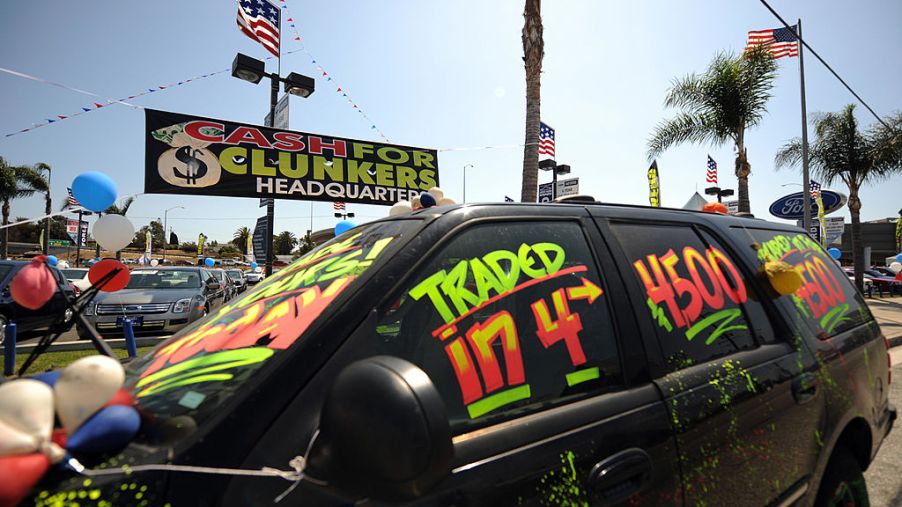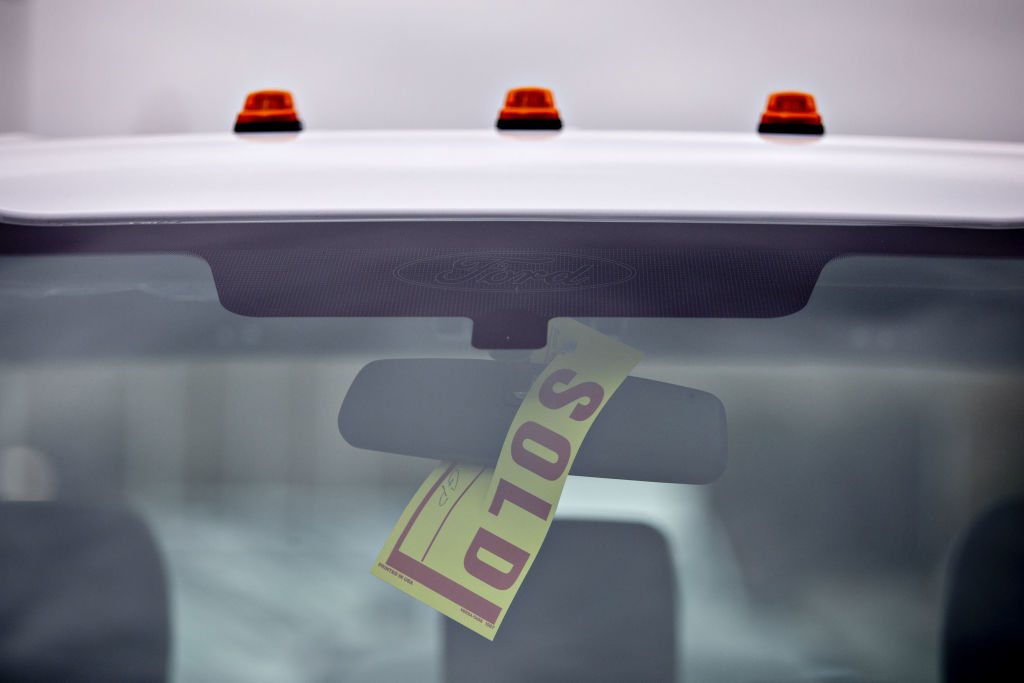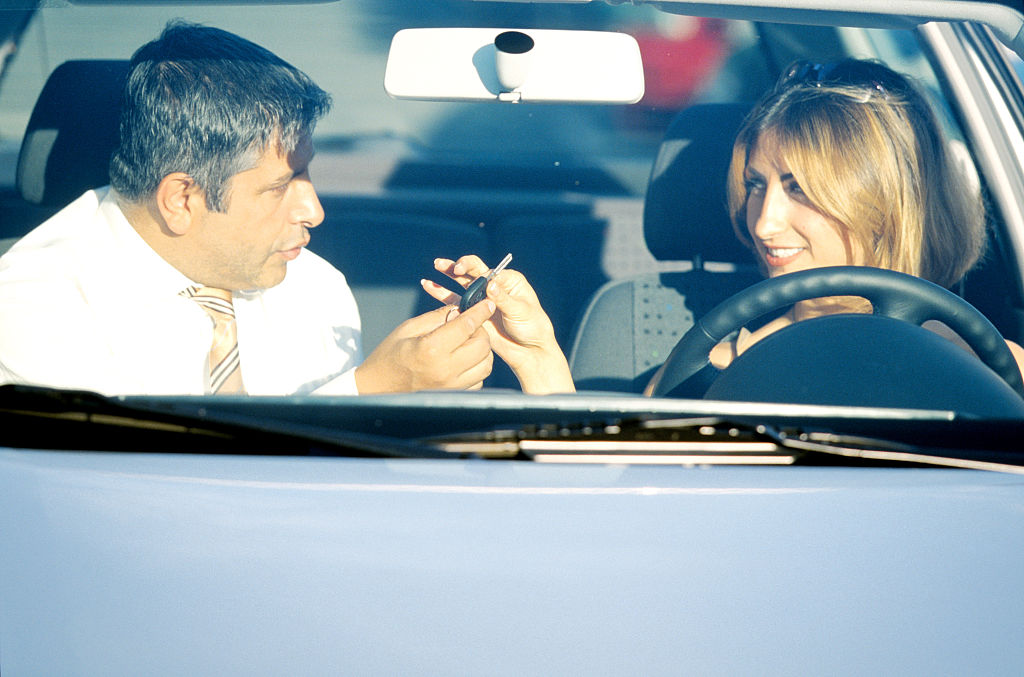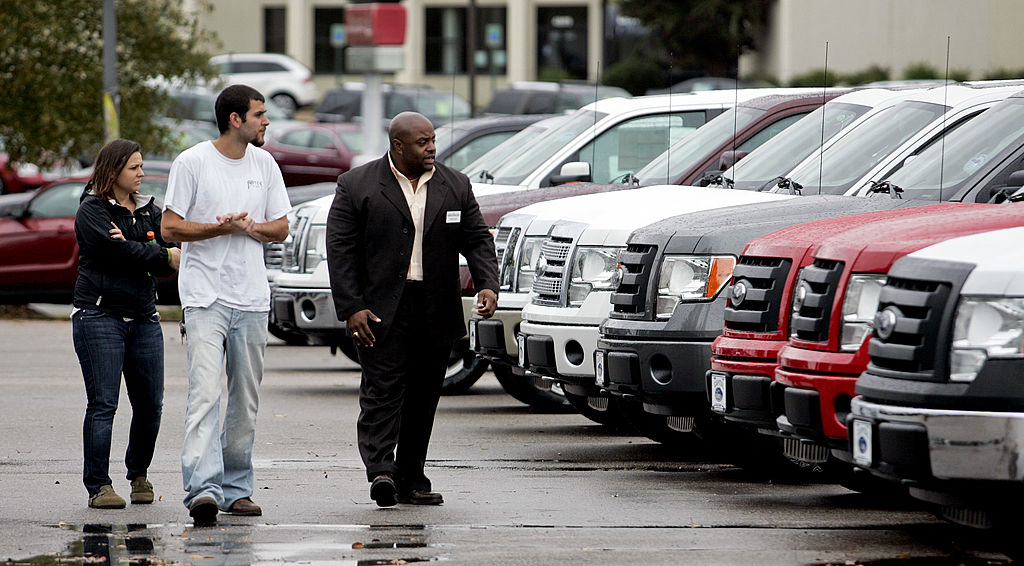
The Truth About Used Car Dealers
If you’re shopping for a used car, then chances are you found a car at a private dealer lot and were enchanted by the car’s pictures on their website and wanted to go check it out. We don’t blame you.
Private dealer prices are typically lower than most of the larger franchise dealers and, thanks to good cameras nowadays, they’re really good at taking pictures of their inventory. For the most part, it’s a trap. But allow us to explain.
Take their information with a grain of salt
Small, used-car dealers operate in the same way that the bigger dealerships do; they buy cars from auction for cheap and then sell them for a profit. Before you roll your eyes, just remember, that’s how business has been done since the beginning of time.
One of the biggest differences between a franchise and private dealers is that franchise dealers typically get more traded-in cars that they turn around for a profit, whereas the private dealers mostly get their cars from auctions.

However, if you happen to check out a car at a private dealer and ask them about the car’s history, they’ll likely tell you that it was traded into them or they might even have some kind of back story for it.
Why? Because having some kind of explanation is better than simply saying “I don’t know.” However, we advise just to take their information with a grain of salt and do your own research.
Before you check out a car at a private dealer, be sure to get a Carfax or some type of history report on it. That way, you’ll know a little more about the car and won’t have to listen to the sales person’s “song and dance.”
Profit margins
In case you’re wondering why they mostly get their cars from auctions, the answer is quite simple: Profit.
Every business operates and thrives off of profit, so it’s no wonder that a private dealer would buy a car from auction way below the market value and then sell it for more.
An easy example would be as follows:
Let’s say a dealer buys a car at auction for $2,000, then spends another $1,500 to recondition it and take care of the emissions and registration ($3,500 total). They’ll likely turn around and sell it on their lot for $7,000, or whatever the KBB retail value is (or close to it).
Trading in your car
If you happen to trade your car into a private dealer, or any dealer for that matter, that equation works in the opposite direction as well.
If a dealer buys your car for $5,000, for example, they’ll likely turn around and sell it auction for a higher amount to recoup their money and then some. Either way, the dealer makes a profit.
We always advise to sell your car on your own if you have the time and energy to do so.
If not, then trade it into a dealer, but be sure to bring your car to multiple dealers and get the highest trade-in value possible.

Financing
When it comes to financing a car, a private dealer will typically ask if you would like them to find financing for you. The truth is that they usually have a good relationship with one or two lenders that specialize in “credit challenged” customers.
This actually can be helpful if you have a low credit score or rough credit history, however, the drawback is that the lenders they use will typically have really high interest rates.
We’ve even heard of dealers coming back with a 9.2% APR for a 700-plus credit score!
Instead, we advise you to find your own financing through a bank or credit union and find the lowest rate you can. Financing is financing and any bank that can accept you will do so, regardless if you’re working through the dealer or not.

Buy the car if you really want it, but be cautious
If you happen to find a car that you like at a private dealer, just be vigilant and get a pre-purchase inspection done by a mechanic shop before buying it. Also, find your own financing first and do as much research as you can about the car before getting onto the lot.
Keep in mind that the dealers are out to make a profit, but then again, so is every business that you give your money to. So if you’re planning to buy a car from a private dealer, do your research and know what you’re buying.



